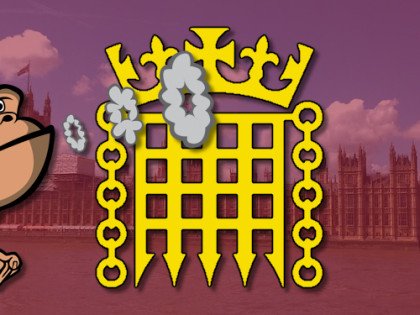“Truthfully, I don’t know a lot of the health risks associated with e-cigarette use.” It is possible to empathise with Natalie King-Selario, a doctor from Bridgeport. Even if she were to take the time to plough through the growing volume of research literature there is still the question of undue influence in the outcome from vested interests.
“I do have a lot of patients that are using e-cigarettes,” she said. “It’s a trade off, because it gets them off of conventional cigarettes and other forms of nicotine.” But this is a position held on personally weighing balance of probabilities and not the result of advice from official agencies.
On one hand journals are publishing data from the likes of Konstantinos Farsalinos, on the other they are carrying ideologically driven nonsense from Glantz and his associates. What is absent is a body evidence produced from mainstream funding and receiving a more universal level of trust.
While a small handful of American states are shouting about rising rates of poisonings in an attempt to sway opinions, the West Virginia Poison Centre bucks this media trend. It has not seen a clear increase in the number of reported cases during the growth of vaping according to a spokesperson.
Carissa McBurney, a community outreach coordinator for the West Virginia Poison Centre, is a vaper herself. She said: “I use an e-cig, and I’m not too worried about it. How much more damage can it do than a real cigarette?” Could West Virginia’s stance on poisonings really be the result that residents of the state store liquid in a more sensible fashion to some others or is it more likely that a vaper is less inclined to warp data to create hysteria?
Despite being a highly educated and intelligent body of individuals, doctors are as fallible as the general public if they are being asked to make decisions based on something they know little about. This is exemplified by King-Selario’s opinion of the dangers of electronic cigarettes: “It’s the chemicals that they use to make them. You do sometimes see a little bit of vapour, but the amount that would be in that are only a fraction of what’s in a conventional cigarette.”
Some might say that if governments wish to legislate and tax vaping products then maybe it’s time they increased funding into relevant areas of research so that the medical profession could be better informed without bias.
Dave Cross
Journalist at POTVDave is a freelance writer; with articles on music, motorbikes, football, pop-science, vaping and tobacco harm reduction in Sounds, Melody Maker, UBG, AWoL, Bike, When Saturday Comes, Vape News Magazine, and syndicated across the Johnston Press group. He was published in an anthology of “Greatest Football Writing”, but still believes this was a mistake. Dave contributes sketches to comedy shows and used to co-host a radio sketch show. He’s worked with numerous start-ups to develop content for their websites.
Join the discussion
Cochrane Review Echoes Swedish Success
The Cochrane Review echoes the Swedish approach, finding less harmful alternatives like vaping are superior to other quit methods, says Smoke Free Sweden
More from Parliament
So, the Under-Secretary for Health and Social Care hasn’t had the best start to the year in the House of Commons – let’s see if she and her colleagues at DEFRA and the Exchequer can step up a gear
Parliament
Questions from ministers and answers (in a fashion) from government departments about vaping and tobacco harm reduction from the House of Commons
Pregnant Adolescents Switch To Vaping
A new study from the University of Buffalo discovered that more pregnant adolescents have switched from smoking to vaping and that it has no negative impact on birth weight











